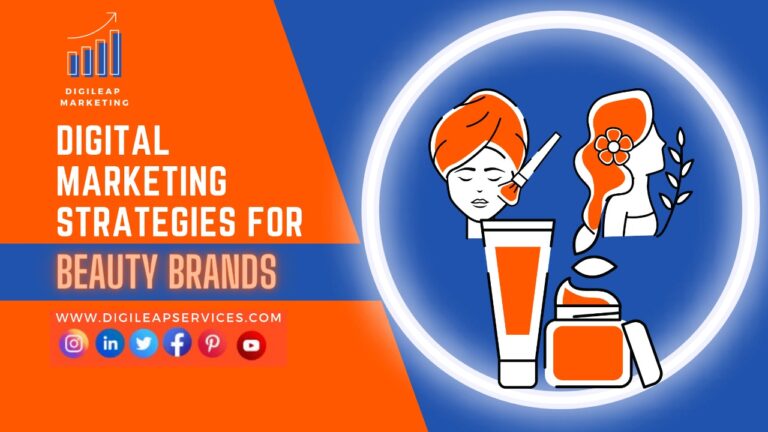Mastering Success: Crafting a Winning Content Marketing Strategy
In the current digital era, where there is a wealth of information and consumers’ attention spans are short, developing a good content marketing strategy has become crucial for businesses to succeed. A successful content marketing plan can increase brand recognition, engage target markets, and eventually spur company expansion. This blog examines the essential elements of a successful content marketing strategy and offers tips on how companies may master content marketing to find long-term success.
Crafting a Winning Content Marketing Strategy
The cornerstone of every effective content marketing plan is having a solid understanding of your target market. It’s important to carry out in-depth research to determine their demands, preferences, pain areas, and hobbies before developing any content. Create thorough buyer personas to learn about their characteristics, actions, and motivations. Your attempts to create content will be guided by this understanding, which will also guarantee that you are creating material that appeals to your target audience.
Make specific goals
You must establish specific, quantifiable goals for your content marketing plan to be successful. Are you trying to build thought leadership, drive website traffic, increase brand awareness, or create leads? Your objectives will affect the kind of material you produce and the distribution channels you choose. Setting SMART (Specific, Measurable, Achievable, Relevant, Time-bound) goals will give your content marketing efforts a direction and make it easier for you to monitor success.
Create useful content
The foundation of every content marketing strategy is producing worthwhile and pertinent content. Your content should offer the solutions, insights, or amusement that your target audience is looking for, whether it be blog entries, videos, infographics, podcasts, or social media updates. Deliver high-quality material regularly that speaks to your audience’s concerns and interests to build your brand’s reputation as a reliable source in your sector.
Select the proper channels
It is essential to choose the right distribution channels for content. Your decisions will be influenced by the preferences and actions of your audience. A few alternatives include industry-specific forums, blogs, YouTube, podcasts, social media platforms, email marketing, and blogs. By concentrating on the platforms where your audience is most active and engaged, you may avoid spreading yourself too thin.
Maintaining consistency
An effective content marketing approach requires consistency. A regular publication schedule helps you stay top-of-mind and develops anticipation among your audience, whether you’re delivering blog pieces, podcast episodes, or social media updates. To schedule and arrange the publication of your material, create an editorial calendar.
Utilize the SEO best practices
Your content’s visibility will rise as a result of search engine optimization (SEO). Find relevant keywords, then naturally weave them into your article. Improve the alt tags, headlines, and meta descriptions for your photos to raise the search engine rating of your content. High-quality material that is also SEO-friendly increases your website’s natural traffic. This will play an important role in success for your content marketing strategy.
Put visual and interactive content to use
Including visual components in your material, such as pictures, infographics, and videos, can greatly improve its attractiveness. Visual content is a powerful technique for capturing your audience’s attention because it is more shareable and memorable. Quizzes, polls, and interactive infographics are examples of interactive material that can increase participation and provide a more immersive experience.
Track and evaluate performance
Analyze and review the results of your content marketing initiatives regularly. Track data including website traffic, engagement rates, conversion rates, and social media interactions with analytics software. This information will help you understand what’s working and what needs to be improved, allowing you to gradually improve your plan.
Conclusion
Understanding your target, establishing specific goals, producing worthwhile content, choosing the appropriate distribution channels, upholding consistency, and continuously adjusting based on performance data are all necessary components of a successful content marketing campaign. Businesses may become market leaders, cultivate solid client connections, and promote sustainable growth in today’s cutthroat digital environment by mastering these characteristics. Keep in mind that content marketing is an ongoing process, and it requires commitment, flexibility, and dedication to providing value to your audience.












